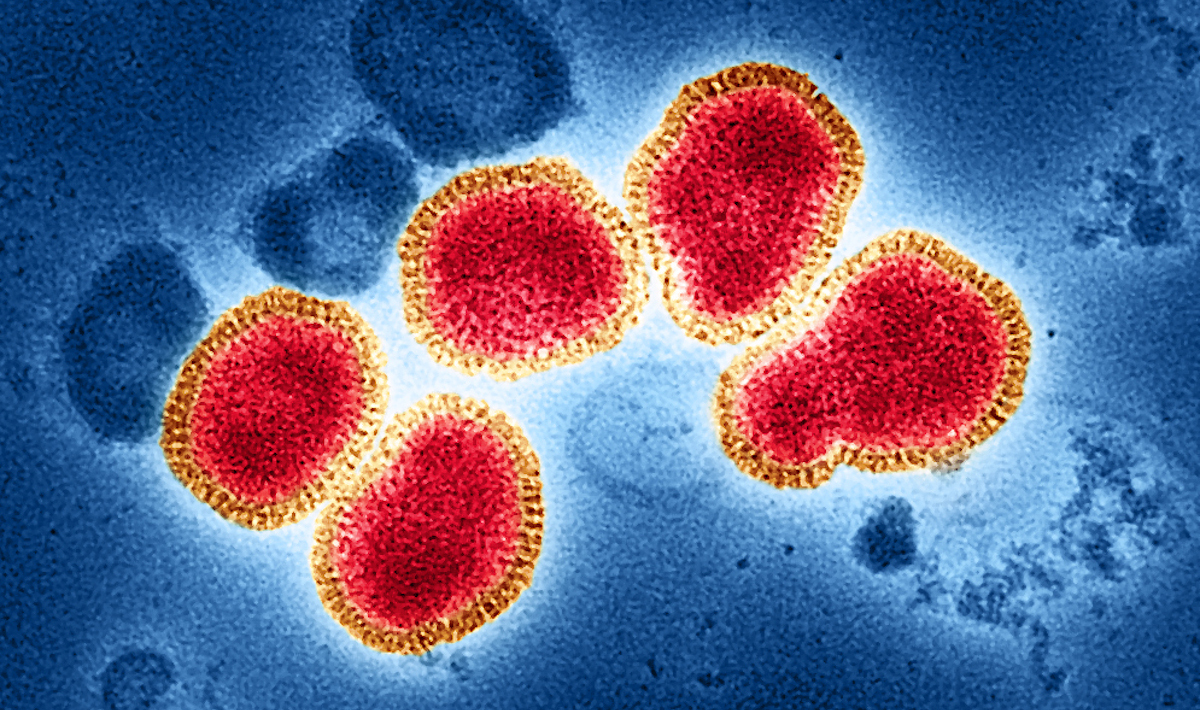Earlier this month, a group of Canadian researchers published early influenza data for the 2025-26 season, issuing a warning: There has been an observed mismatch with the seasonal influenza vaccine strain and what is emerging as the dominant flu strain this season, H3N2 subclade K.
Based on early reports from Japan and the United Kingdom, the Canadian researchers wanted to publish these data to encourage enhanced surveillance in North America this season, especially given the tumultuous situation in the United States.
“This is not the time to be flying blind into the respiratory virus season,” Danuta Skowronski, MD, the epidemiology lead for influenza and emerging respiratory pathogens at the British Columbia Centre for Disease Control, told CIDRAP News. Skowronski was senior author of the paper, which was published in the Journal of the Association of Medical Microbiology and Infectious Disease Canada.
Comments closed
